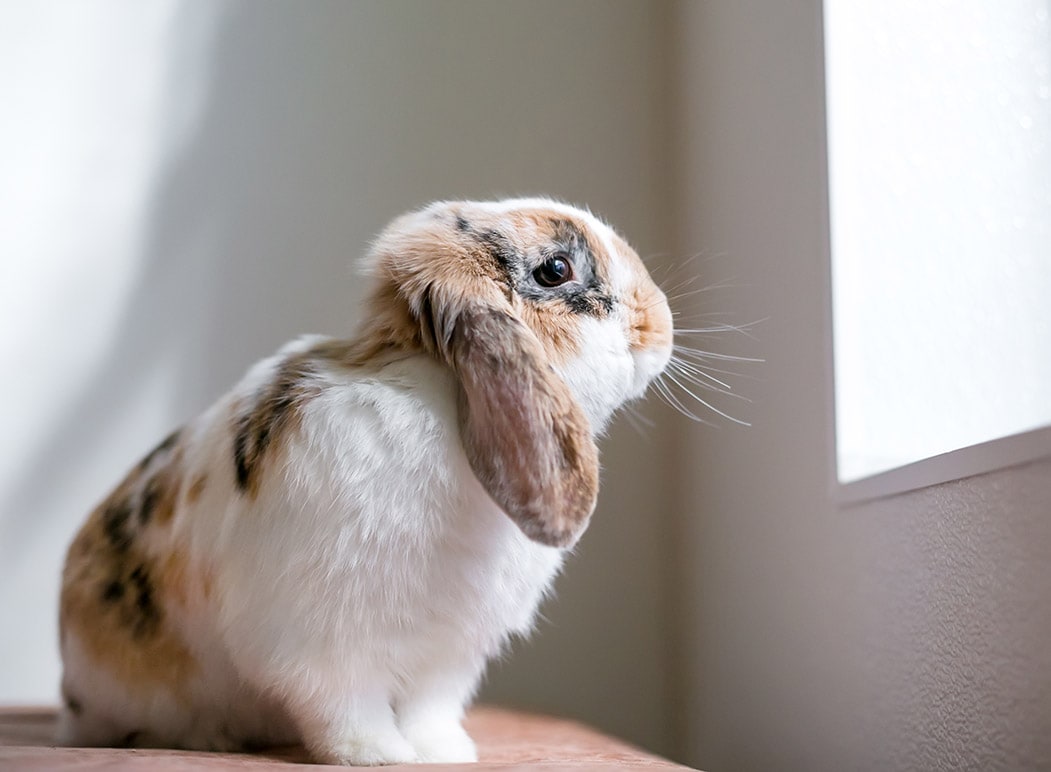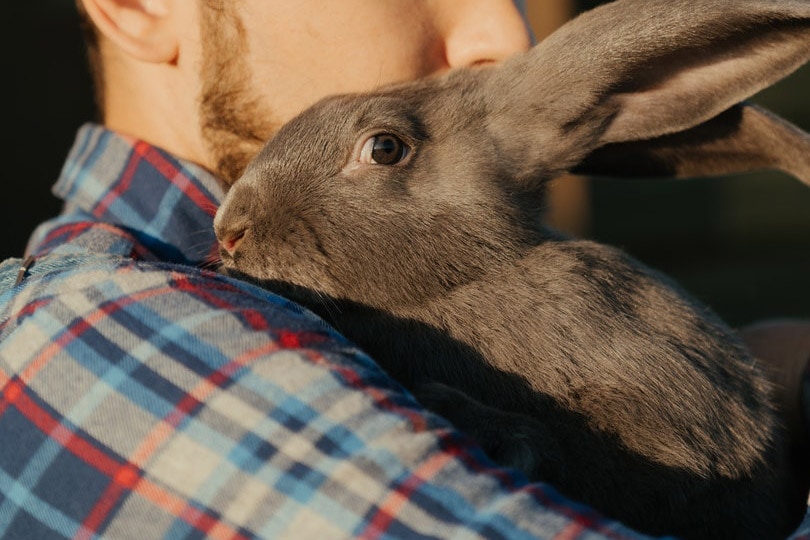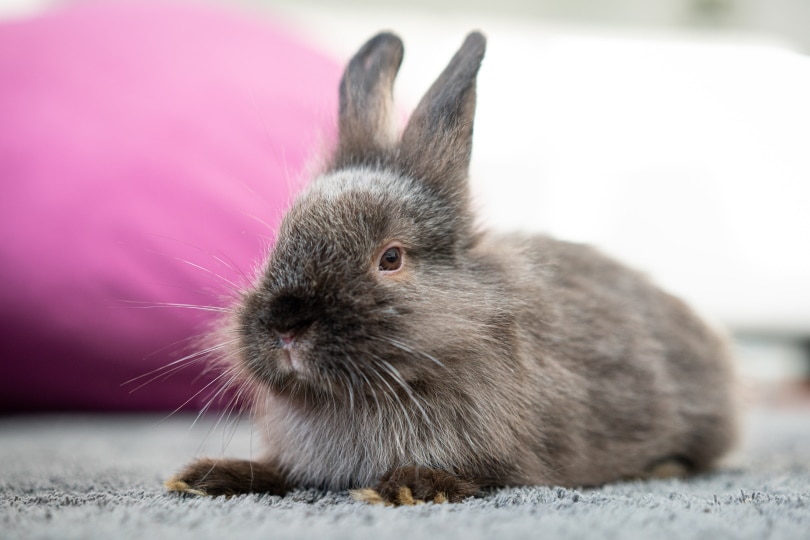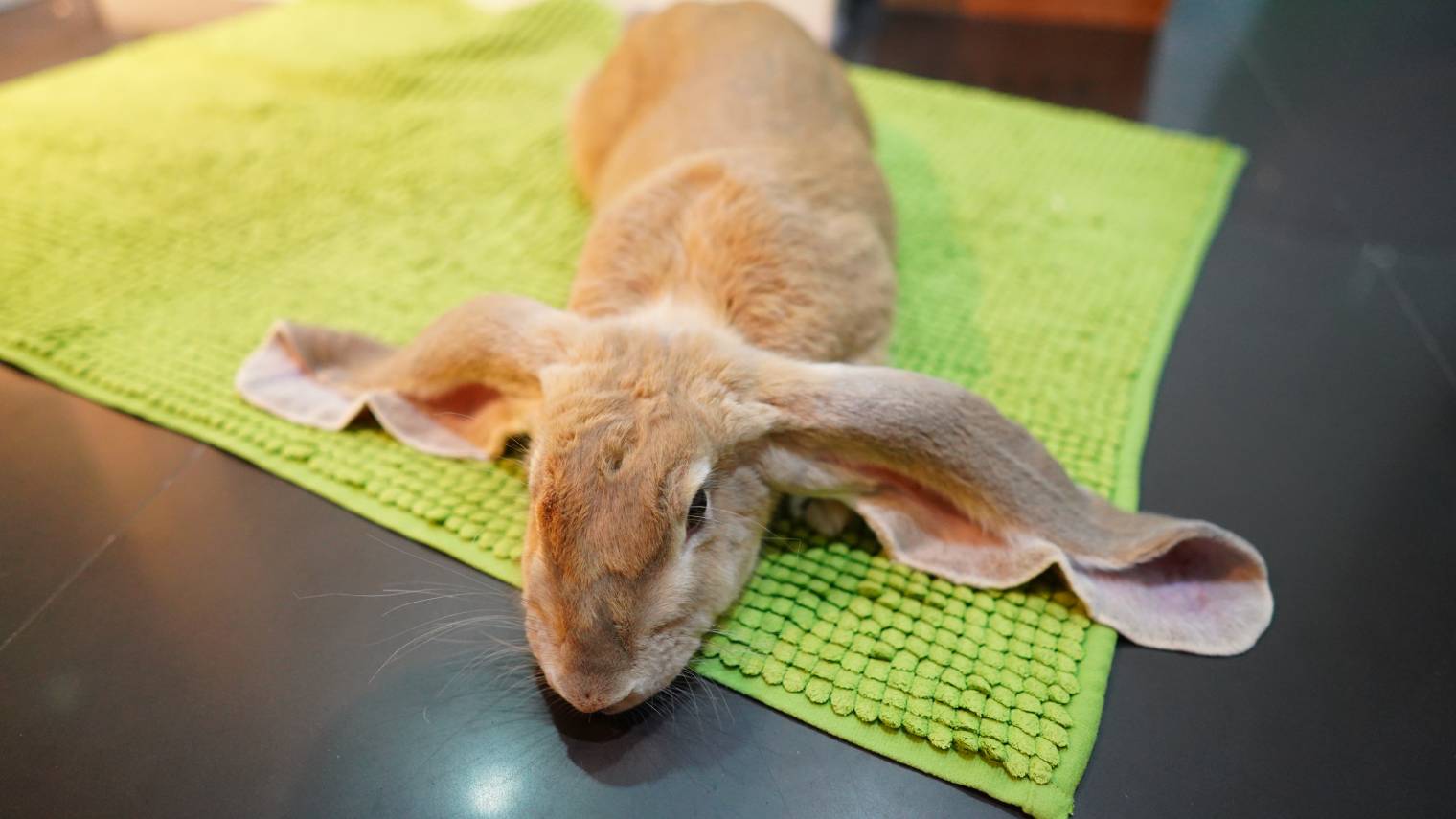
Fireworks can be particularly distressing to our pets. The unexplained, loud bangs can panic your rabbit. There are certain times of the year we know fireworks are inevitable, like New Year’s and Independence Day, so how do we prepare to keep our pets safe and happy during these stressful celebrations?
The answer lies in your rabbit’s personality. Some are more skittish than others, so where one will be mildly startled and require a little distraction, another rabbit might become paralyzed with fear. Whichever category your rabbit falls into, there’s a solution to help calm them and ease their fears.
The 6 Tips on How to Calm Your Rabbit During Fireworks
1. Habitat Set Up
If you know there will be fireworks in your area, you can plan in advance. You can set up your rabbit’s environment to be as cozy and comforting as possible to minimize the amount of anxiety they will feel.
2. Be With Your Rabbit
If this is your rabbit’s first interaction with fireworks, or you know they are scared by them, make sure you’re in with them. Many rabbits will be comforted with you near where you can interact with them, especially if you both have a close bond.
You can calm them by petting them or giving them a gentle massage. Giving your rabbit a scratch behind the ears or on the head mimics how rabbits interact with one another and how they will groom and comfort another rabbit when they’re scared or anxious.
To calm a particularly stressed rabbit, place your hand gently over their eyes to decrease the external stimulus that might be overwhelming them. Speak softly to your rabbit to assure them there is no danger. Your voice is something familiar to them, and if you talk to them without any panic in your voice, they’ll understand even if they don’t know what you’re saying.

3. Create a Safe Space
A safe space means something different to each bunny. A tunnel, hiding house, or blankets will help keep them safe and give them something to burrow under. Hiding will allow your rabbits to comfort themselves.
Sometimes, a rabbit might get more comfort from chewing, digging, and foraging. These behaviors can seem quite destructive, but instead of getting mad at them, give them somewhere to indulge the behaviors.
Create a fun digging area so they aren’t trying to dig up your carpet. You can do this by creating a digging box or even putting some flattened cardboard boxes or sheets that you no longer use out for your rabbit to shred.
Branches and wooden toys will give your rabbit something to chew on. Dried-out pine cones or apple branches can give your rabbit something safe to gnaw on when they’re feeling stressed out.
4. Keep Your Rabbit Inside
Even if your rabbit has access to the outside, keep them in during fireworks. Take time to prepare your house by closing the windows and blinds. It doesn’t sound like much but will mute the fireworks even more and keep the light flashes from startling your rabbit further.

5. Drown Out the Noise
You can drown out the bangs with white noise or even gentle, soothing music. There are machines you can use to create white noise, but if you don’t have one and don’t want to buy one, fans or an air conditioning unit will also work. Your TV will also do the trick if these options aren’t appealing to either of you.
6. Be Prepared to Distract
If your rabbit isn’t one to hide away, it might react better to a distraction. You can distract your rabbit by hiding treats for them to find. This will allow them to forage, which is an enjoyable distraction! Be careful you don’t overdo it since too many treats can lead to tummy upsets.
You might get lucky and distract them so well that they’ll forget they were frightened, and they’ll think you had a special night planned for you both. There is nothing better than an evening with your best friend!

Frequently Asked Questions
How Do You Know if Your Rabbit Is Scared?
Rabbits have been known to die of fright when fireworks go off near their home. You can do your best to create a calm environment for your rabbit, and we hope you’re successful, but it’s still a good idea to know what signs to look out for that indicate your bunny is stressed out.

Recognizing Signs of Shock
Shock in rabbits presents in different ways, and it’s a warning that their bodies could start shutting down. If left untreated, it could result in death.
Final Thoughts
Fireworks can be particularly distressing for your rabbit, which makes sense. You can’t communicate with them what is happening, and, in turn, they’re unable to express how they’re feeling.
These simple tips should hopefully inspire you to make your home a firework-free environment. Whether your rabbit will get through the night with distractions or a comfy place to hide, make sure you’re around to comfort them and keep an eye on them. Contact your vet if you notice any of the symptoms we’ve mentioned or become worried at any point by your rabbit’s behavior.
- Related Read: Why Is My Rabbit Breathing Fast?
Featured Image Credit: Mary Swift, Shutterstock









